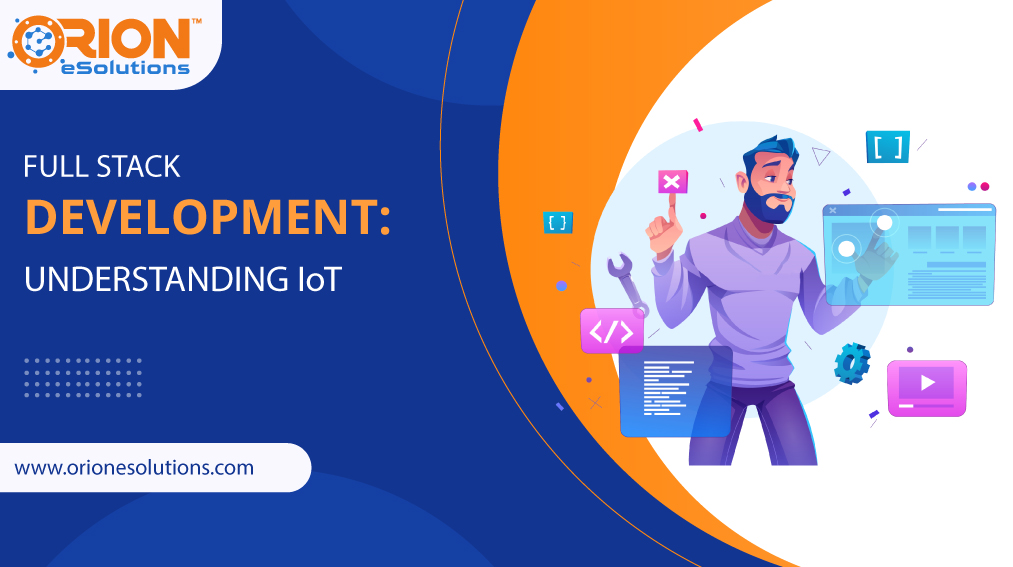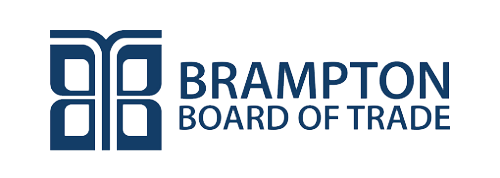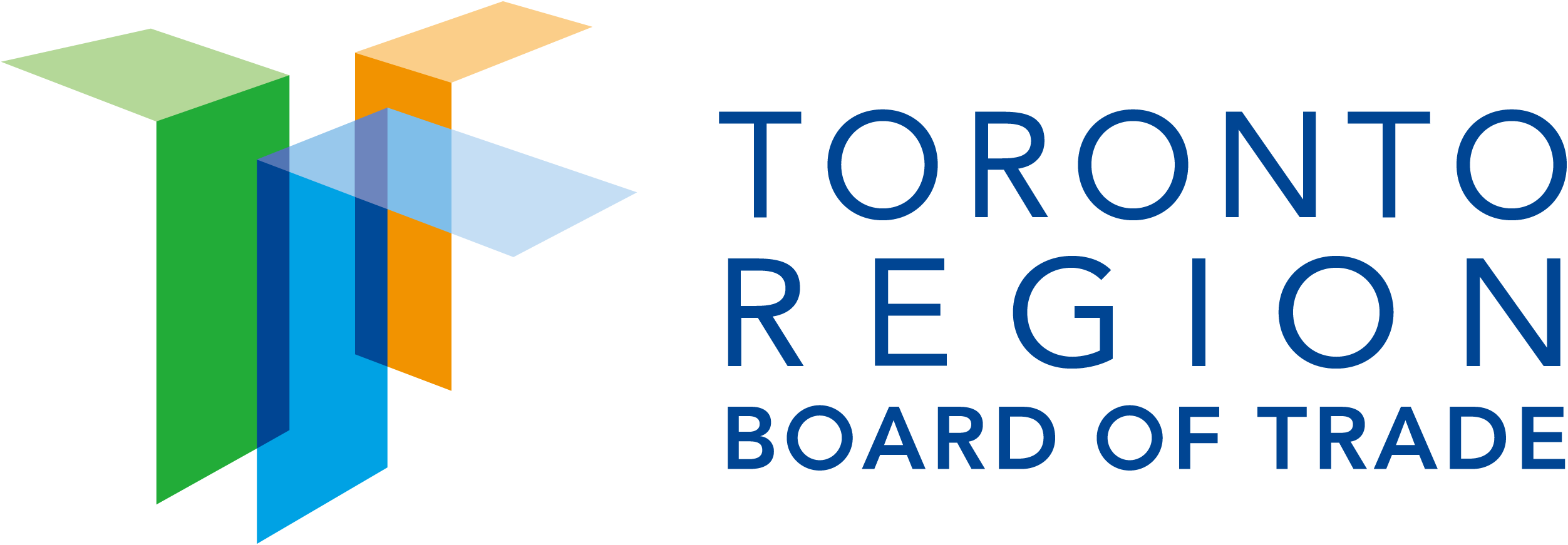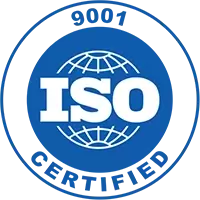The rise of IoT gave birth to the smart connected devices market. Security, reliability, and efficiency are the qualities driving this market. This is where the importance of a full stack IoT enabled development arises. Through this development, a holistic approach can be taken covering the design, code, test, and release phases. This enhances the system.
Here, we will take a look at the role that it plays in IoT deployment. However, let us pave the pedestal with some trustworthy figures first. According to Mordor Intelligence,
- The global IoT market was at $761.4 Billion in 2020.
- The market will reach $1386.06 Billion by 2026.
- The CAGR expected to be exhibited by the market is 53% from 2020 to 2026.
Major Reasons For This Mammoth Growth Of The Market Are:
- Enhanced wireless technologies
- Reduced cost of connected devices
- Cloud platform adoption
- The takeover of Industry 4.0
The technologies included in this practice are HTML, CSS, and JavaScript among the front-end development tech and Linux, Perl, Python, PHP, Java, and Ruby among others in the back end tech.
In order to appreciate the value brought in by full stack developers like Orion eSolutions to IoT development, let us look at the layers of IoT full stack.
IOT Layers To Consider For Full Stack Development
-
Sensors
The latest sensors sync with pones, dongles, and other smart devices. It shares data with the cloud without actually being connected to the internet. This is an ever expanding layer owing to aggressive advancements in the internet-connected sensors market.
-
Micro Controllers
Data storage and processing takes place at this layer. Network connectivity is crucial for this layer. You can reduce the cost of data transfer through analyzing, summarizing, and extracting the data.
-
Service Platforms
This layer arrives at insights and automates the processes. Data is collected from different sensors and connected devices. The end users are equipped with monitoring, maintaining, and upgrading functions through feedbacks on this layer.
Now that we have familiarized ourselves with the 3 layers to consider for IoT end-to-end development, we have to understand the prime areas of consideration for digital development companies like Orion eSolutions. This includes the tech proficiency needed by full stack developers to seamlessly pull of IoT development. Here, we will touch upon seven of those skills.
7 AREAS OF CONSIDERATION FOR IOT END-TO-END DEVELOPMENT
-
Embedded Programming
Embedded codes deployed in wearables and sensors are crucial at the design, development, and debugging stages. The codes are different at the embedded level when compared to mobility or cloud level.
-
Middleware Programming
Cloud, gateway, and distributed elements need to be integrated. This is essential for standardizing and facilitating exchange of information and data between various types of devices.
-
Cloud Development
Full stack development of IoT enabled services require proper cloud infrastructure like Amazon AWS or Microsoft Azure.
-
System Integrations
The contextual value provided by IoT can be unlocked by OT systems by integrating and interfacing with business apps.
-
Databases
Data visualization and analysis of the plethora of data pouring in to relational and non-relational databases helps in ingestion. This facilitates rapid analysis.
-
Process Automation
Building, testing, documenting, and deploying repeatable processes through automation is an essential part. Process automation through BVT, DevOps, ad microservices can greatly reduce the release time.
-
UI/UX
Any IoT system developer needs to know the exact nature of the UI and the corresponding UX.
The seven areas of consideration mentioned above form a crucial part for IoT development services. Another area of consideration include mobile and tablet app development. Cross platform apps are necessary to provide a seamless control panel for the users for their IoT enabled devices. The demand for all out security of the apps has also touched a peak. The layers discussed earlier come with their own sets of unique vulnerabilities. Full stack developers must be able to detect and diminish those vulnerabilities.
Now that we have an idea about the role of holistic web development when it comes to IoT services, let us sum this discussion up.
Conclusion
Deploying end-to-end development for IoT enabled services comes with a plethora of advantages. Reduced costs, faster turnaround time, easier ownership of the entire project, and flexibility are some of them. To enjoy all these benefits and then some, partner with Orion eSolutions.
We have a dedicated of full stack developers team who are proficient in all the latest trends defining the industry. For IoT focused development needs, get in touch with Orion eSolutions today.
